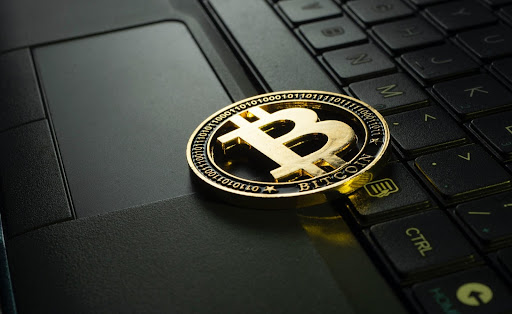2022 has already been a terrible year for crypto hacks. Just a few weeks ago, a cross-chain bridge linked to Binances’ BNB Chain was fleeced for $570 million. This is just one of many breaches that have taken place up until late October. According to Fortune.com, this month there has been $718 million stolen from decentralized finance protocols, and over $3 billion this year from more than 125 hacks.
With its user base growing, security issues like these are not going away any time soon. If you’re a keen investor in cryptocurrencies, there are some things you’ll want to know about reducing your exposure to hacking, and what generally happens when a breach is detected. One way to be exposed to cryptocurrencies without having to worry about exchanges’ hacks is to use derivative products like CFD (Contract For Difference).
Table of Contents
Isn’t blockchain supposed to be tamper-proof?
At the moment, centralized exchanges and the more recently adopted decentralized finance (DeFi) platforms are the two major targets of cryptocurrency attacks. These exchanges keep users’ assets in online-connected digital wallets, and although this increases their usability for consumers, it may also make them more susceptible to hackers.
Since DeFi software applications are built directly on top of blockchain platforms, they completely eliminate exchanges, and hacks of these services are often the result of coding mistakes or problems with the app’ design. If there’s money to be made and a vulnerability to exploit, a hacker will likely find it.
The good news is that the majority of exchanges will cover losses affected by hacks. Last year, when Bitmart copped a whopping $150M+ unauthorized withdrawal when a private key was apparently stolen, it vowed to use its own money to repay users that had been affected by the breach.
Unfortunately, there are no guarantees that you’ll have losses recovered in the event of a hack. The level of insurance for this type of thing varies depending on the platform.
How can investors protect their cryptos?
Most experts advise customers to carefully research and consider the track record and reputation of the exchanges or companies operating crypto wallets before using them.
Some questions you should ask yourself include:
- Does the company have a department dedicated to cybersecurity?
- Does it have a solid history of security?
- What is the company’s size?
- How many people does it employ?
Once you answer all of these questions, you might feel more confident that you can trust the company to protect your money in a manner that leaves it less likely to be exposed to intruders.
An alternative method for ensuring your crypto’s security is by using a hardware wallet, sometimes also referred to as ‘cold storage.’ Rather than keeping your crypto assets with an online service, you can ensure their safety by storing them on a portable device like a flash drive that isn’t constantly connected to the Internet.
This approach places complete responsibility for keeping private keys on the user. Despite being the safest way to store crypto, there is no bigger financial organization to rely on if those keys are stolen or lost…which unfortunately happens more often than you might think.

